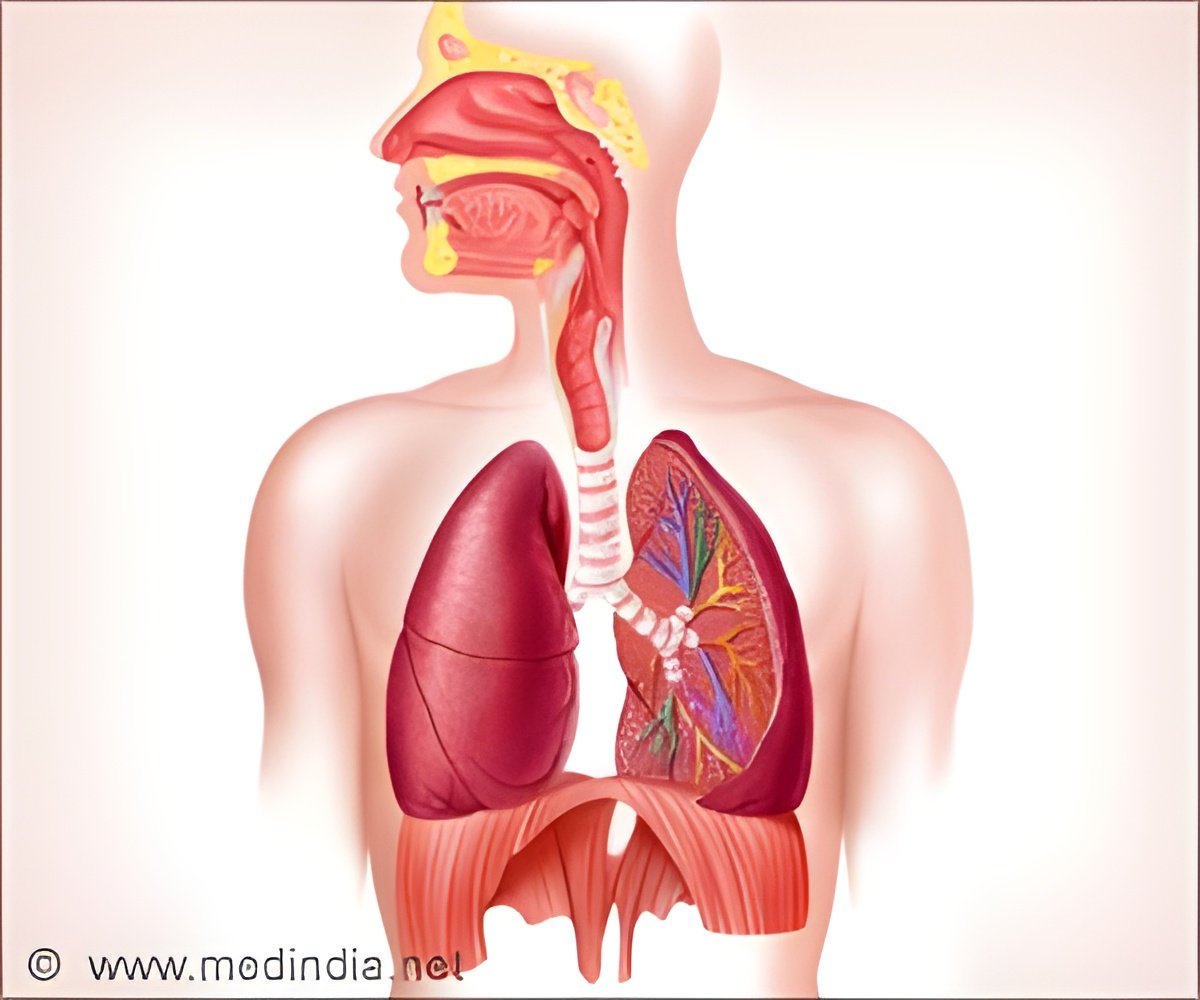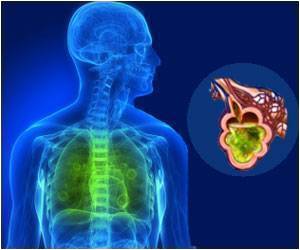Chronic lung infection with Pseudomonas aeruginosa bacteria causing respiratory failure is the common cause of death in patients with cystic fibrosis (CF)

At high doses, LL-37 can kill bacteria by poking large holes into their cell walls. However, at lower concentrations (which seem to mimic the situation in the lungs of CF patients), the scientists found that some LL-37 molecules can enter the bacterial cells without killing them. Once inside, LL-37 appears to be able to directly interact with and alter the bacterial DNA, leading to mutation of the mucA gene. The resulting mucoid conversion makes the sugar-coated bacteria then resistant to higher doses of LL-37, including doses that would readily kill the "naked" Pseudomonas bacteria prior to mucoid conversion.
The scientists went on to show that LL-37 can induce mutations besides those in mucA in both Pseudomonas and E. coli, showing that its function as a mutagen is neither restricted to a particular gene nor a particular pathogen.
Taken together, the results demonstrate that an antimicrobial substance can, at low dose, function as a mutagen that makes bacteria more dangerous. Given that antimicrobial peptides similar to LL-37 are being discussed as promising leads for the development of new antibiotics, the scientists say their data "reinforce how important it is to consider the impact of current and novel treatments and the host immune response on evolution of microbial communities during chronic infections."
Source-Eurekalert











